Managing My Money
Week 1, Financial Planning and the Life Journey - Part 1
created by Share Radio & Open University Business School for The Share Foundation

'It is a thousand times better to have common sense without education than to have education without common sense.'
Robert G. Ingersoll

Managing My Money
Join us, Glen Goodman and Annie Weston, and our colleagues at Share Radio and the Open University, to gain the skills to manage your personal finances: managing budgets, debts, investments, property purchase, pensions and insurance.
There has never been a better time to improve your personal financial skills – Managing My Money aims to do just that.


Can you get better at managing your money?
-
Do you review your money arrangements regularly?
-
Do you think of your needs in the future?
-
Is there something you can do now to make your life better then?
-
It's all about planning ahead ..

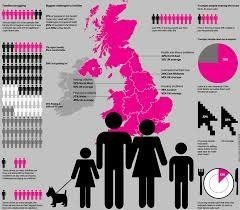
The economy can affect your future, too

Knowing yourself
- Your age
- Where you live
- Relationships
- Life style
Thinking of the future
- What are your expected needs?
- What emergencies could you face?
- What are you going to live on when you retire?
All these call for thinking about your life journey

Flows of income and expenditure alter over the life journey for everyone
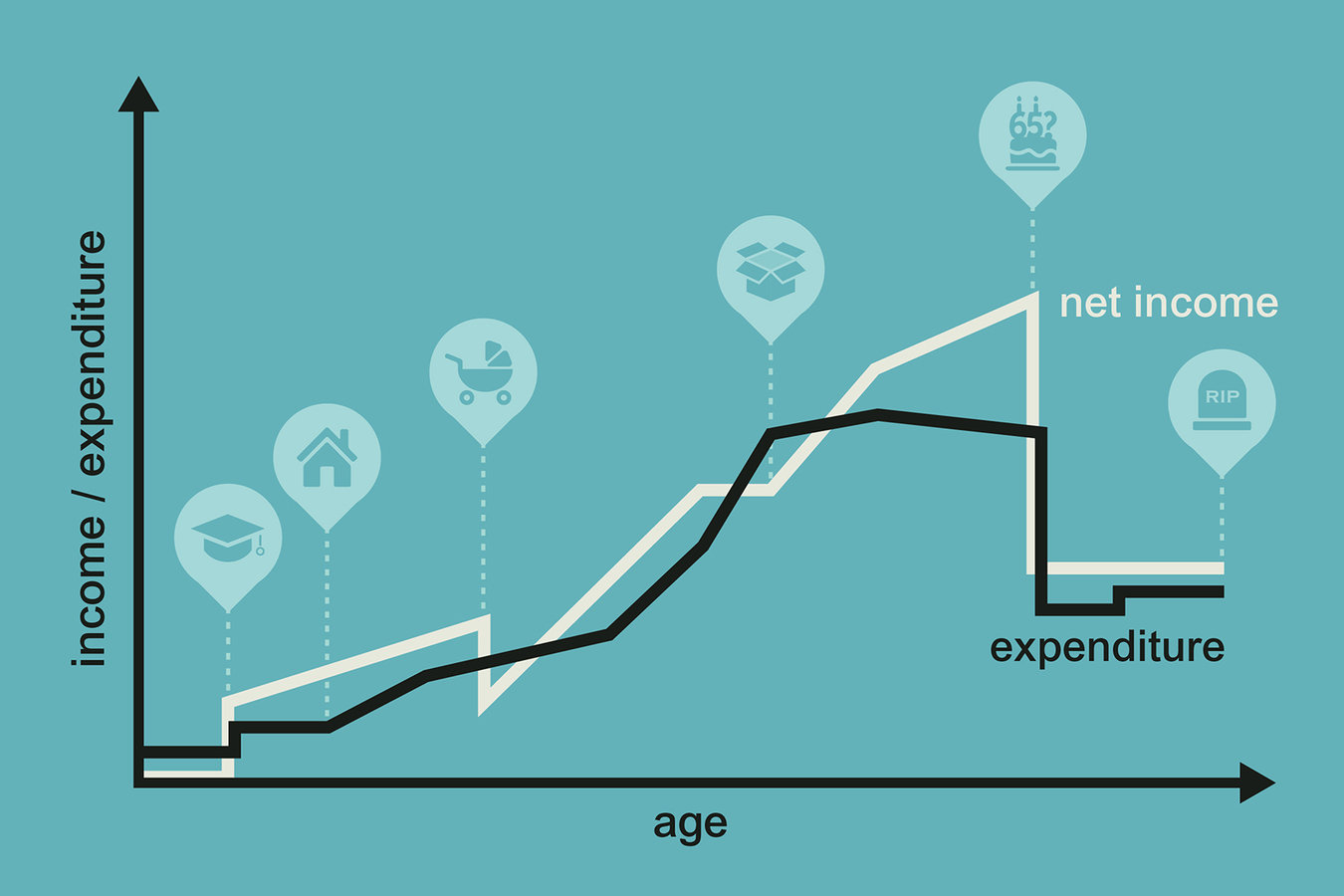

Meet the Penny's
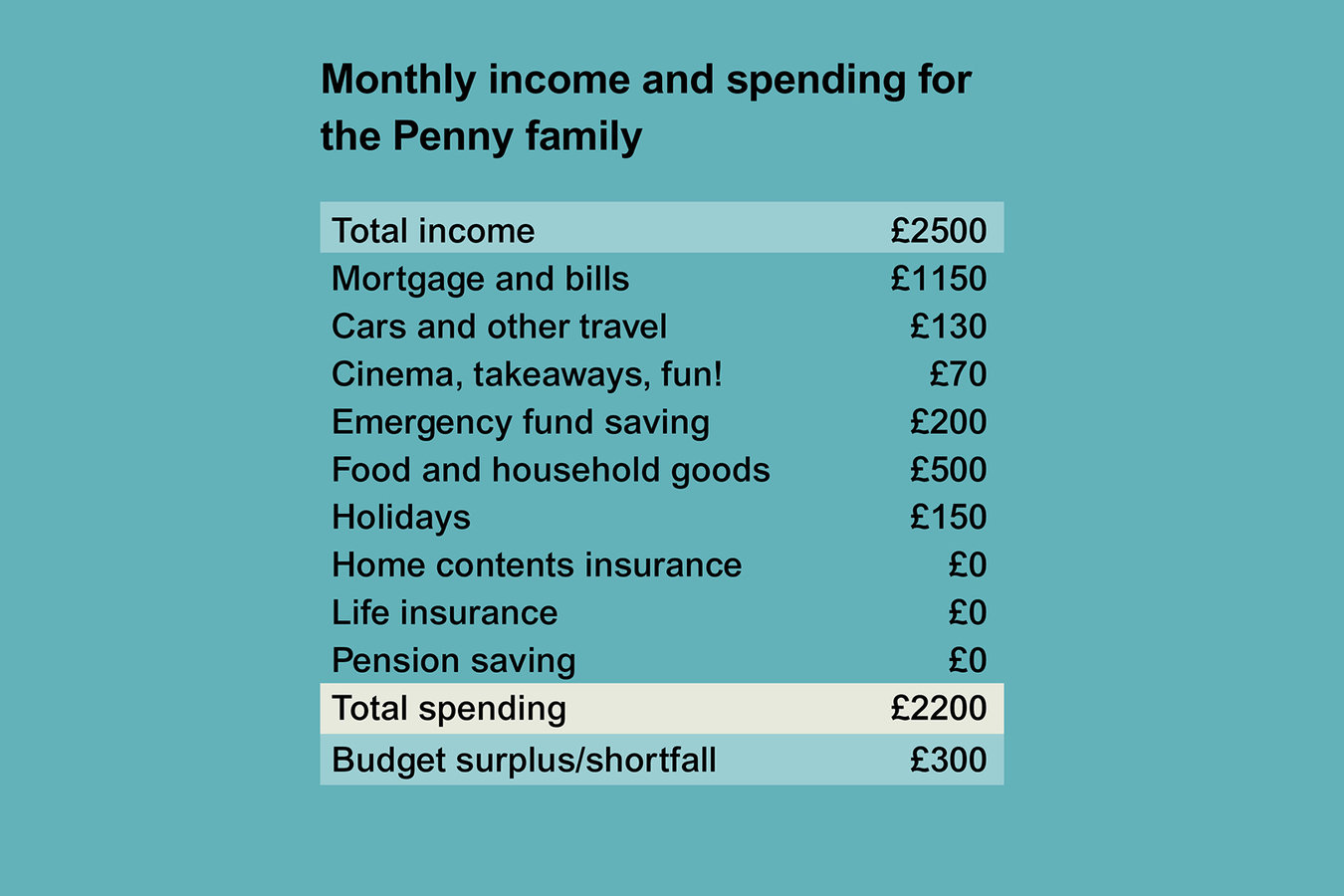
Life is never as simple as expected for the Penny family - there's always a disaster waiting round the corner!

Sharon Collard
Sharon Collard, former Chair in Personal Finance Capability at the True Potential Centre for the Public Understanding of Finance (PUFin) at the Open University, talks about insuring against not being able to work.
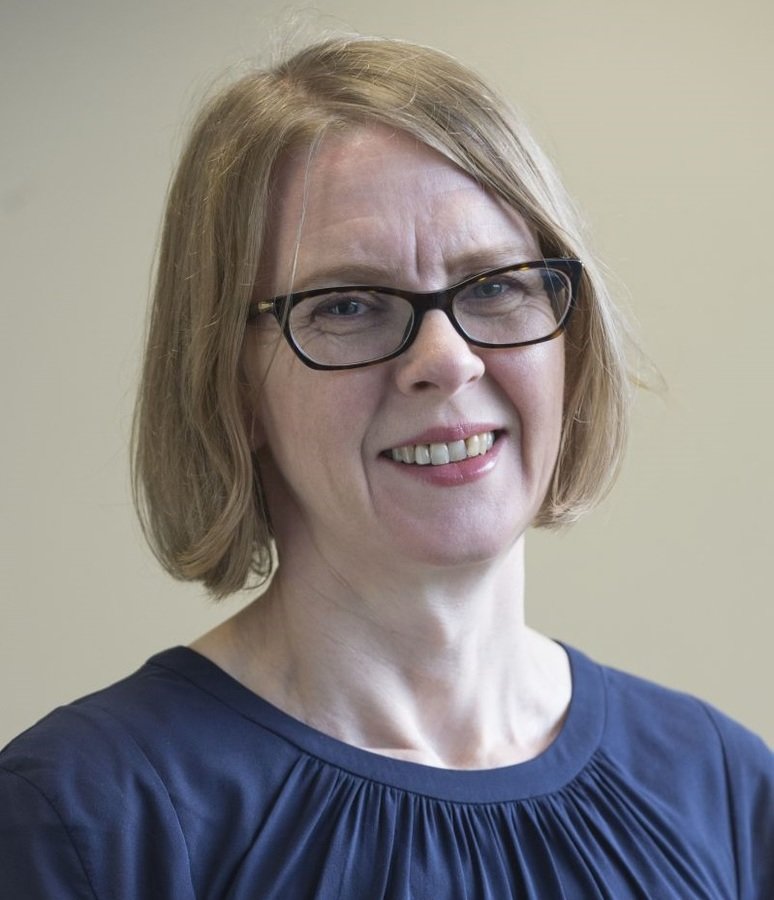

One in three people save nothing for the future


What are the ingredients of your financial plan?
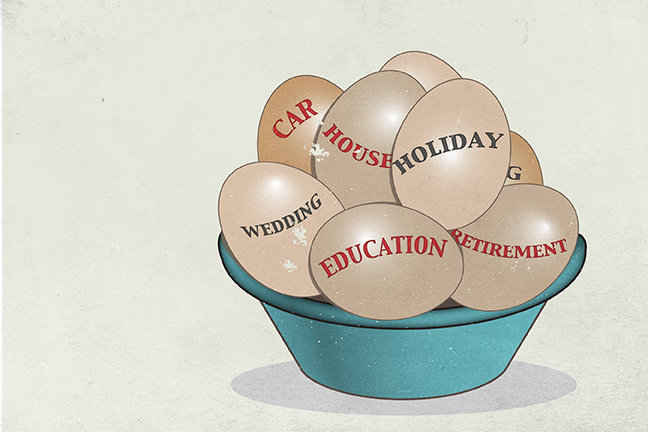

Opportunity cost: trading off choices


Next: a story about how your emotions and personality can affect your financial decision-making


Phineas Gage’s 19th century accident took out a very particular part of his brain that is responsible for emotional processing. It was a very early example of how we started to get to learn about what bits of the brain do. We're learning more and more that cognitions and emotions are completely intertwined and that as humans, emotions are a very important part of our thinking processes. For example, there's good evidence that people who are very impulsive buyers are often doing this as a not very effective way of regulating their emotions. They're not good at managing bad emotions: going shopping turns out to be a form of emotion repair, and people who are impulsive buyers are typically much more likely to get into financial trouble.


Risk-taking is a major factor with money ..

But excess caution can leave savers with below-inflation returns


Summarising financial planning and the life journey
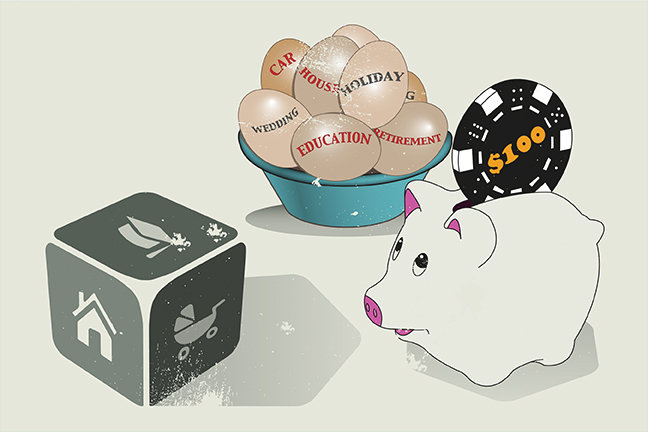

Next:
Listen to Part 2 of Week 1 - then take the Week 1 quiz/test. As you take each week of the course, your results will build up on your personal dashboard.
Managing My Money
was created by Share Radio and is based on the Open University Business School online course of the same name.
Your presenters are Glen Goodman and Annie Weston.
